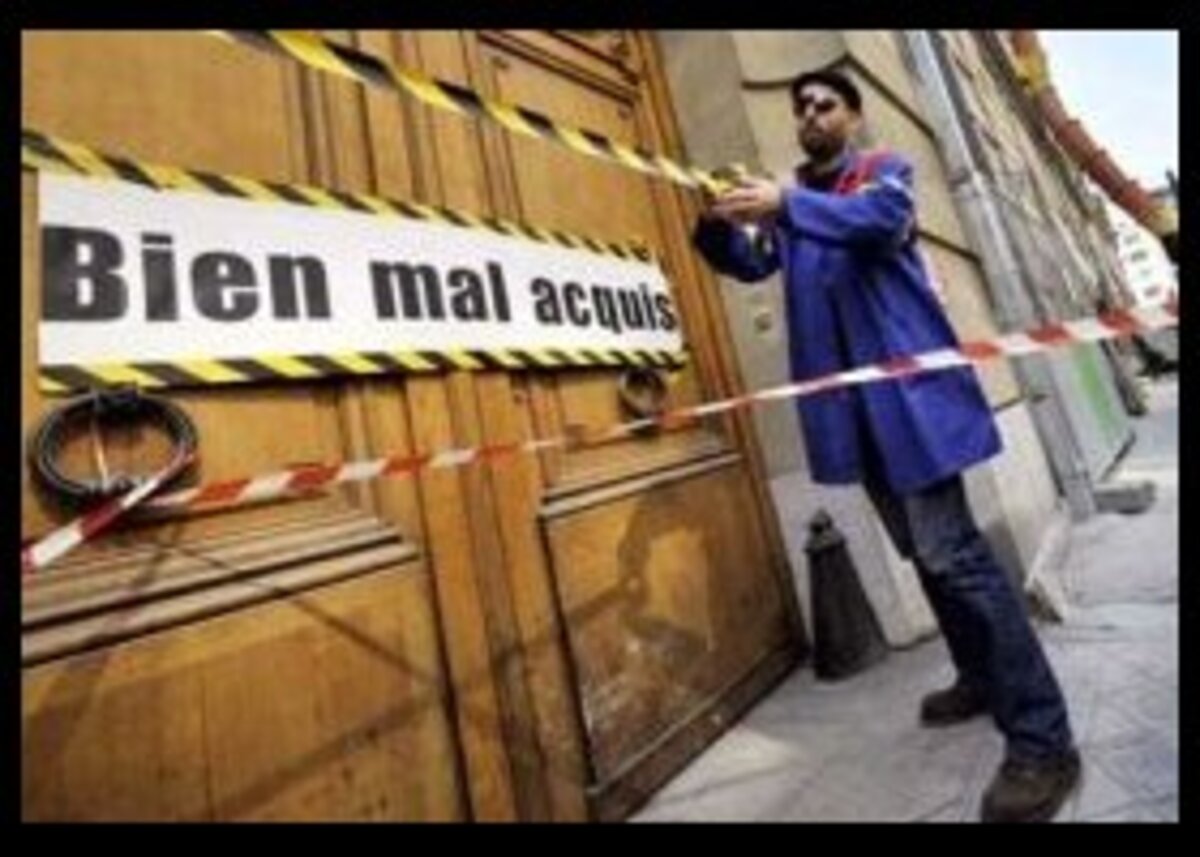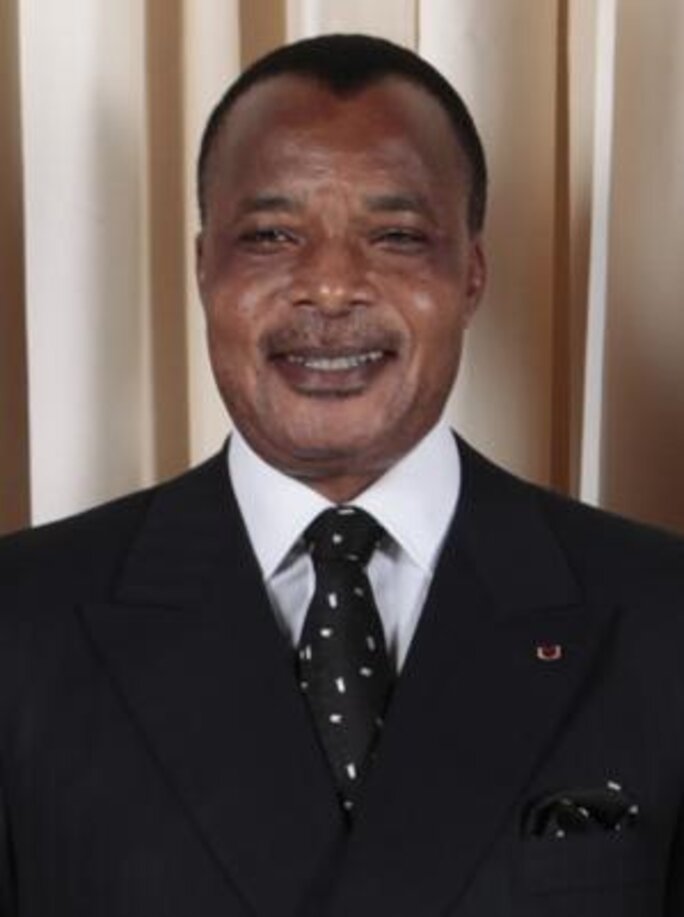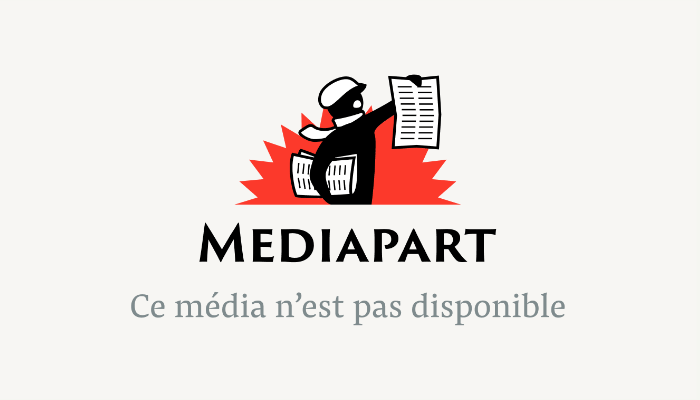Despite years of opposition by France's public prosecutor's office, the country's highest Court of Appeal (1) has ruled that three African leaders and their entourage can now be investigated by a French magistrate for embezzlement and misuse of public funds.
Based on assets held in France by the leaders and by members of their entourage, the ruling, announced on November 9th, was the result of an embezzlement suit was brought by the French branch of NGO Transparency International. It hailed the court's decision as "historic".
The leaders under investigation are Denis Sassou Nguesso of the Republic of Congo (Congo-Brazzaville), Teodoro Obiang Nguema of Equatorial Guinea and the late Omar Bongo Ondimda of Gabon as well as his son and successor Ali Bongo. All are - or, in the case of Omar Bongo, were - considered stalwart allies of France. They are accused of using their countries' vast natural resources for their own personal enrichment. The leaders have denied any wrongdoing.

Despite constant opposition from the prosecutor's office over the past three years, the court ruled that the NGO was competent to file a civil suit against the leaders thus opening the way for an independent magistrate to be appointed to investigate what are called the 'ill-gotten gains' (biens mal acquis) located in France belonging to the three heads of state and their families.
Until a change in the law, NGOs were barred from requesting an independent investigation and, for reasons of state, only the public prosecutor was considered competent in this matter. Unlike the independent magistrates, public prosecutors answer directly to the Justice Minister. Because of the sensitive nature of the 'ill-acquired assets' case, the prosecutor's office opposed a case that was seen as detrimental to France's most trusted allies in Africa, and to the French interests that exploit their rich natural resources.
Transparency and other NGOs wanted to know if the vast assets owned by Sassou Nguesso, Nguema, Bongo and their families including numerous real estate holdings, luxury cars and well-provided bank accounts stem from the “embezzlement of public funds” in their home countries.
Both Gabon and Equatorial Guinea are oil-rich, as is the Republic of Congo which also boasts diamond, base metal, gold, iron and phosphate deposits. French oil giant, Total, is present in all three countries. The French government has been accused for decades of turning a blind eye to the corrupt practices of leaders in its former colonies such as Gabon or Congo in order to maintain lucrative business interests, particularly those of Total (formerly Elf-Aquitaine). When he was elected in 2007, President Nicolas Sarkozy vowed to end this cosy relationship known as Françafric, a play on words mixing France, Afrique (Africa) and fric, a slang expression for money.
A first suit filed by the NGO Sherpa in 2007 revealed the extent of holdings in France of the three leaders and their clans. Asked to investigate that suit, the French Office for the Repression of Major Financial Fraud and the money-laundering unit, TRACFIN, found, according to police records, a number of unusual expenditures by the three leaders and their families.
--------------------------
1: La Cour de cassation, literally the Court of Cassation, the highest appeal court.
Luxury properties in Paris and on the Riviera

Taken together, the French assets of the Bongo, Sassou Nguesso and Nguema families represent nearly two hundred bank accounts, several dozen luxury vehicles (including Porsche, Ferrari, Bugatti and Mercedes cars) and some 30 plush real estate properties including luxury apartments or opulent mansions, according to the police reports. These assets are evaluated at about 20 million euros and are not justified by the reported earnings of the leaders or their entourage, the plaintiffs claimed.

Scanning the police reports, Mediapart discovered that Omar Bongo and his clan own 33 apartments, mansions and homes in Paris or the Riviera while the Nguesso family holds 17 properties, some of which have surface areas of more than 200 square metres, and are located in the most select parts of Paris. This doesn’t include the myriad bank accounts in several French banking establishments.
The TRACFIN unit, working out of the French Finance Ministry, determined in 2007 that “the flows [of funds] highlighted could be the result of money laundering of embezzled public funds”. This comforts the allegations of the plaintiffs who argued that with official salaries of between 15,000 euros to 30,000 euros per month, the African leaders don’t earn sufficiently to cover the purchases in question, the plaintiffs argued.
Despite the evidence unearthed in 2007, the Paris prosecutor's office chose to abandon the charges saying that "the violation of the law was insufficiently clear". It also said that the NGO lacked "a personal and direct interest to act" in the case.
Dictators elsewhere could now be targeted
Sherpa then convinced Transparency International to join the fray and a long judicial battle ensued between the NGOs on the one hand and the public prosecutor on the other. In May 2009 Transparency International joined up with a Gabonese taxpayer, Gregory Mintsa, to file another suit. At that time a Parisian independent magistrate opened an investigation for "receiving embezzled public funds, misuse of corporate assets, and abuse of confidence".
The Paris prosecutor's office appealed the decision to investigate in October 2009. The Paris Court of Appeal upheld the public prosecutor saying the suit was "inadmissible". It was this decision that was overturned by the supreme court of appeals, ruling that Transparency is concerned by "a direct and personal injury" and that the NGO is competent to bring legal action on the grounds that fighting corruption is Transparency's only professional mission.
The supreme Court of Appeal's decision could lead to more corruption suits against other dictators in Africa or in other parts of the world, pointed out the Catholic Committee against Hunger and for Development which originally launched the 'ill-acquired assets' campaign. This view is also shared by Patrick Maisonneuve, lawyer for Gabonese President, Ali Bongo. "This jurisprudence runs the risk of producing an inflation in the number of suits with associations as civil parties," he told Agence France-Presse (AFP) after the court's decision was announced.
-------------------------
English version: Patricia Brett


